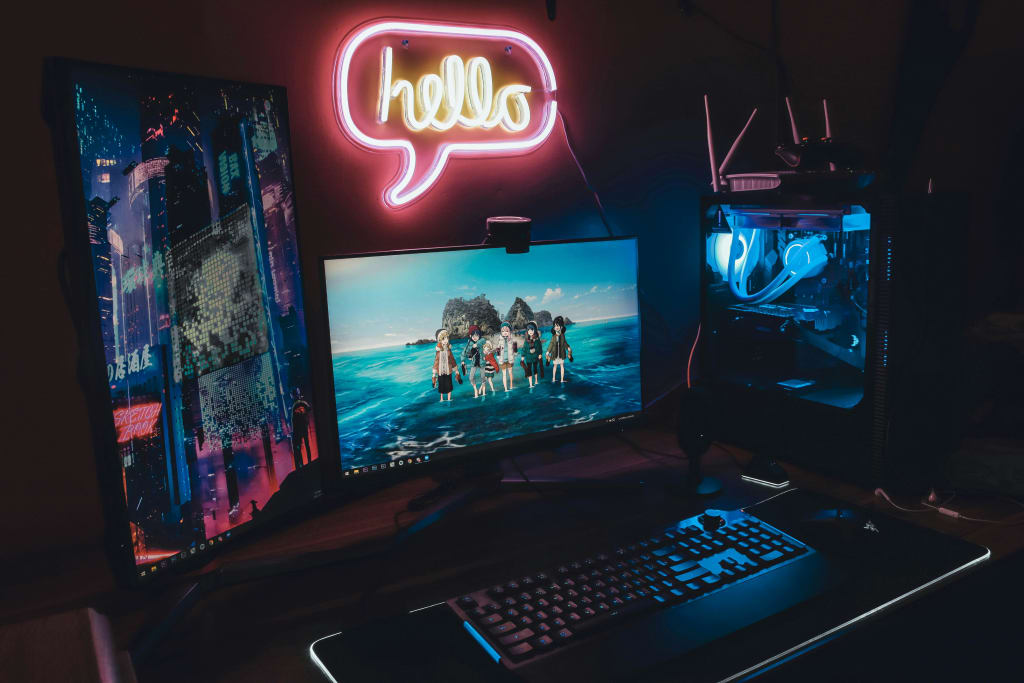How to Choose a New PC?
Things to carefully check when looking for a new computer

Choosing a new PC is no easy task for many out there. We have an ever-growing selection of machines to choose from at what could be the lowest prices ever, if we are to believe digitaltrends.com. However, much more than a good price needs to be in place, given that we use digital technology daily for various purposes.
20-25 years ago, we primarily used the PC for gaming and word processing. This still holds true today, but otherwise, we need the computer for much more than just that: streaming services, communication with our loved ones, study and work-related tasks, bill payments, purchasing products and services, just to name a few.
Is it realistic to buy, at a reasonable price, a machine that is suitable for many different tasks and that you will own for at least 3-5 years without having to replace it? Let's take a closer look at 4 things you should check before making a new purchase:
Laptop or Desktop:
If you're constantly on the go and need a PC only for basic tasks, it would be best to buy a laptop. It's quite cheaper and gives you greater flexibility. On the other hand, if you have a job where graphical details are important, it might be better to buy a desktop. Good laptops with large storage space, fast processors, and optimal screen resolution can actually be much more expensive than a desktop PC with the same technical specifications.
Processor Performance:
The faster the processor of a machine, the more expensive it is. If you enjoy playing games or work with graphics, audio, and video, a PC with a six-core processor or better is recommended. This will cost you more. However, not everyone needs a fast processor: you can use your machine for everything else without it, even with a less advanced processor.
Storage Space:
Machines with large storage space will again cost you more, but a built-in hard drive with 500 GB should be sufficient for most people. If you need more storage space, you can buy a memory card, an external hard drive, or access to so-called cloud services, which are also becoming increasingly better and cheaper. It may be wise to store files in different locations and have a backup for the most important ones, also with the user's security in mind, in case the PC is stolen.
Windows or Linux:
Most purchased PCs run on the latest version of Windows, Windows 10. These can be much more expensive than machines running on Linux and other open-source operating systems, given that the price for the former actually includes the price for Microsoft product licenses. Windows is easy to use and supports all popular programs and services. The problem with Linux, on the other hand, may be that some features there can be more complex, plus many services and apps are not compatible with these open operating systems.
In conclusion, when choosing a new PC, it's essential to consider your specific needs and budget. Determine whether you need a laptop or desktop based on your mobility and computing requirements. Assess the processor performance based on the tasks you'll be performing, balancing speed and cost. Consider storage options, including external drives or cloud services, to ensure you have adequate space for your files. Lastly, weigh the pros and cons of operating systems like Windows and Linux, ensuring compatibility with your preferred software and ease of use. By carefully evaluating these factors, you can make an informed decision and invest in a PC that will serve you well for years to come.






Comments
There are no comments for this story
Be the first to respond and start the conversation.